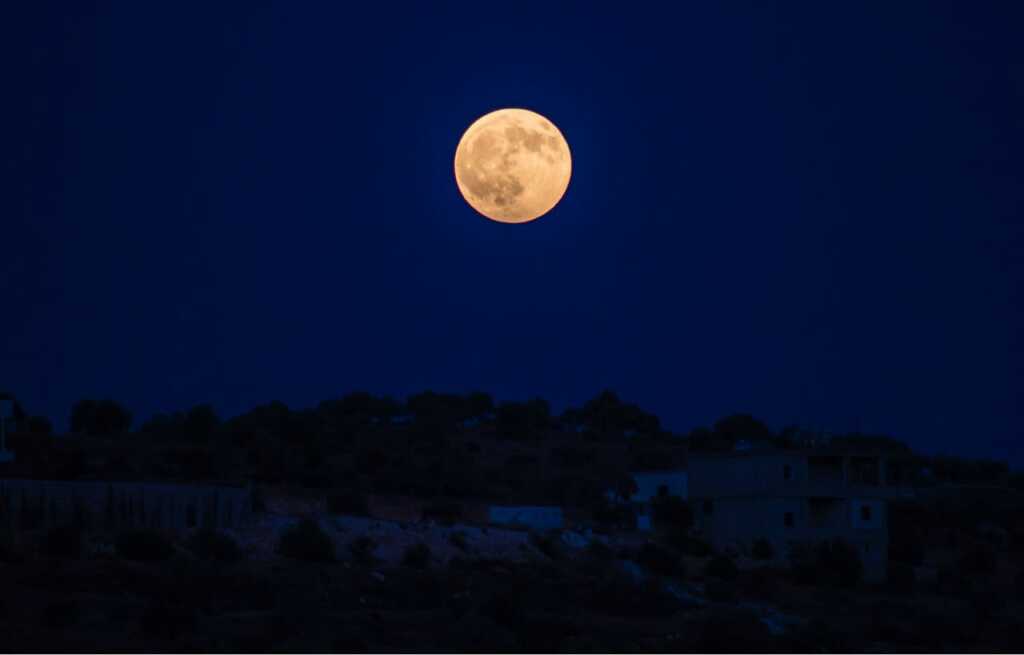
You’re expecting a baby soon and looking for that perfect name. But be careful – some names actually mean “cursed” or have dark histories behind them. Yikes!
Before you saddle your little one with a label for life, you may want to know which names to avoid. We’ve rounded up 10 baby names that mean cursed, such as Maladicta, Hex, Jinx, Damia, Cursia, Azrael, or Delilah. Trust us, after reading this list, you’ll want to cross these doomed names off your possibilities.
Maladicta
This name means ‘cursed’ or ‘accursed’ in Latin, and was historically given to girls whose births were seen as a bad omen. Not an auspicious start!
Being named Maladicta right from birth seems rather unfortunate. As if the poor child was doomed to misfortune and bad luck before even having a chance at life. What a way to label an innocent baby! One can only hope her family and community were kinder to her than her name suggests.
Bearing such a burden from infancy, Maladicta would have struggled against the prejudices and low expectations of those around her. She may have felt compelled to prove her own worth and rise above her ‘cursed’ station. Perhaps she strove to achieve great things in order to escape the shadow of her name.
Anathema
Anathema is a name with Greek origins meaning “cursed” or “accursed.” In ancient Greece, an anathema referred to anything dedicated to evil or accursed spirits. Today, anathema is used to refer to something that is greatly disliked or abhorred.
Naming a child Anathema would therefore suggest they are cursed or abhorred in some way. This is considered an unkind name by many and could lead to teasing or bullying. Some parents may choose this name to signify that their child was unplanned or unwanted, which is unfair to the child.
Jinx
Jinx is a name that means “cursed” or “jinxed”. If you name your baby Jinx, some may say you’re setting them up for a lifetime of bad luck and misfortune. According to legend, a jinx is a person or thing that brings bad luck. The origin of the word “jinx” dates back to the early 1900s.
Some believe that giving a baby such an ominous name could bring them hardship or sorrow later in life. On the other hand, others may view Jinx as a bold, quirky name for someone destined to forge their own path in life despite what fate may throw their way. If you’re superstitious, Jinx is probably not the ideal name for your bundle of joy. But if you scoff at old wives’ tales, Jinx could be a unique name with a touch of mystery.
Malediction
Similar to Maledicta, the name Malediction comes from Latin, meaning ‘curse’ or ‘evil speech’. Parents who chose this name likely did not have high hopes for their child.
Saddling a child with a name like Malediction suggests they expect hardship and struggle to follow them through life. The name itself becomes a kind of curse, a prophecy of doom and a life marked by misfortune.

Damia
The name Damia originates from Greek mythology. In Greek legends, Damia was a daughter of the god Poseidon and the human Alcyone. However, Damia herself was mortal. According to the myth, Damia and her twin sister, Auxesia, were priests serving in the temple of Demeter, the goddess of the harvest.
When the temple was attacked, Damia and Auxesia prayed to Demeter for help. Demeter answered their prayers, turning them into doves so they could escape. The doves flew to Crete, but tragically died soon after. The Cretans honored them by establishing the festival of the Damia in their memory.
The tale of Damia is one of tragedy. Although she served the gods faithfully, her mortal life was cut short. The name Damia, meaning “subduer” or “tamer,” reflects her priestess role. But it also alludes to the sorrow of her myth.
Naming a baby Damia may endow her with a sense of spiritual purpose. However, it also connects her to a destiny of grief and loss. For some, this juxtaposition of divine calling and human suffering may be too much darkness to bestow on an innocent child. Unless you relate deeply to the myth of Damia, you may want to consider a name with a brighter destiny.
Hex
The name Hex is of German origin and means “witch” or “sorceress”. While a striking name, it does imply a curse or evil spell.
The term “hex” is synonymous with a curse or jinx, especially in Pennsylvania Dutch folklore. To “put a hex” on someone means to curse them with bad luck or misfortune through magical or supernatural means. Given this sinister association, naming your baby Hex could be seen as tempting fate. Some may view it as burdening a child from birth with a metaphorical curse.
While an unusual name choice, Hex would certainly be memorable and distinctive. However, the negative and witchy connotations may lead to teasing or questions about why a parent would choose such an ominous name. Unless you have a penchant for the occult or supernatural, Hex is probably not an ideal baby name option.
Azrael
In some religions, Azrael is the name of the archangel of death. Not exactly an uplifting namesake for a baby. Azrael is a Hebrew name meaning “help from God.” While the name may have noble origins, nowadays it is associated more closely with death and even evil.
In Jewish and Islamic faiths, Azrael is believed to be the angel who separates people’s souls from their bodies at the time of death. According to legend, Azrael has a book that contains the name of every person who is born; when the time comes for a person to die, Azrael strikes their name from the book.
With such grim associations, Azrael would be an ominous choice for a baby name. Your child may face a lifetime of jokes about the “angel of death” and questions about why their parents chose such a cursed name. Unless you have a peculiar fascination with death and dark forces, Azrael is a baby name best avoided.
Cursia
The name Cursia comes from an ancient Roman word meaning “cursed” or “accursed.” If you name your baby Cursia, she may feel saddled with a rather gloomy meaning and destiny.
According to legend, the Roman goddess of luck Fortuna cursed a mortal named Cursia after the woman boasted that Fortuna had no power over her. The goddess condemned Cursia to a life of misfortune, hardship, and sorrow to teach her a lesson in humility. The name Cursia lives on today as a reminder of the perils of hubris and the whims of fate.
While the name has a poetic ring to it, the baleful backstory might give some parents pause. On the other hand, a name with such a colorful history could appeal to those who relish in the darker, more macabre side of things. Either way, little Cursia is sure to grow up with a memorable name and tale to tell on the playground.

Tempest
Tempest is a name that invokes images of storms and strife. In Shakespeare’s famous play The Tempest, the sorcerer Prospero conjures up a massive storm to shipwreck his enemies on his enchanted island. While a bold and dramatic choice, Tempest implies turmoil, chaos and conflict.
Some children may feel burdened by such a weighty, ominous name. Other kids, however, may embrace its intensity and see it as a self-fulfilling prophecy, adopting a rebellious or confrontational attitude. Parents should consider whether the connotations of the name match the hopes and dreams they have for their child’s future.
Will little Tempest grow up to be a force of nature, bending others to their will? Or will they struggle against the implications of their name, seeking calm and peace in a quiet life? The name raises as many questions as the storms it evokes. Unless you want your child raging against the world, Tempest may be too tumultuous a choice.
Delilah
The name Delilah has Hebrew origins and means “delicate” or “weakling”. In the Bible, Delilah was the femme fatale who betrayed Samson by cutting his hair, the source of his strength. Her name is now associated with treachery and seduction.
Naming your daughter Delilah could lead to some teasing on the playground. Her peers may associate the name with the deceitful biblical character and call her a “traitor” or “temptress.” Some children can be cruel, and a name with negative connotations may make her an easy target.
On the other hand, Delilah is a very pretty name with a lovely meaning. Your daughter would share her name with the popular Tom Jones song “Delilah” as well as many notable women in history. While the biblical character gives the name a bad reputation, Delilah herself was not evil – she was simply a pawn used to defeat Samson.
If you love the name Delilah, you could consider using it as a middle name instead of a first name. That way, your daughter has the option of going by her first name if she prefers to avoid any negative associations with Delilah. You could also pair Delilah with a strong, virtuous first name to offset any implications of weakness or treachery.





